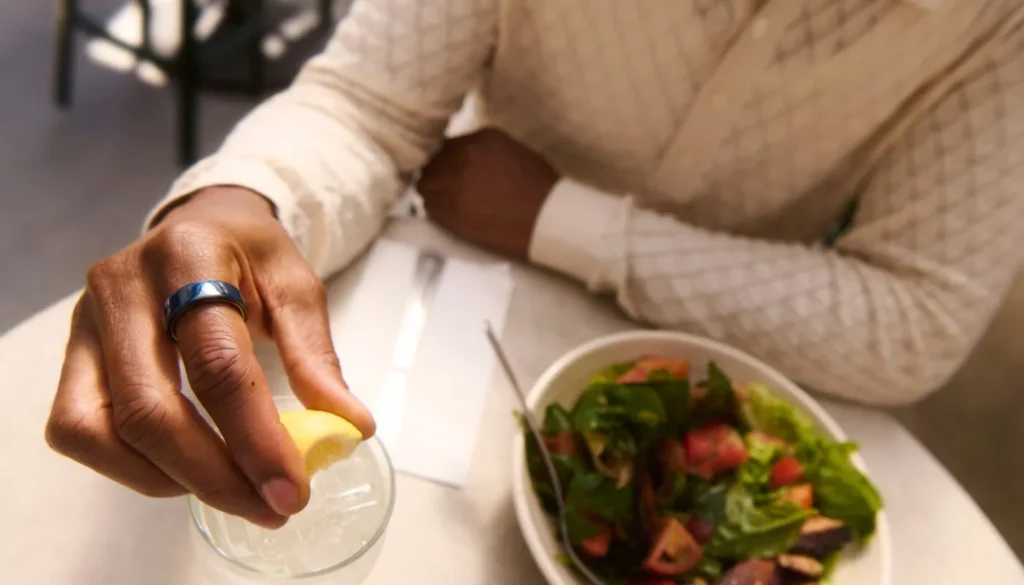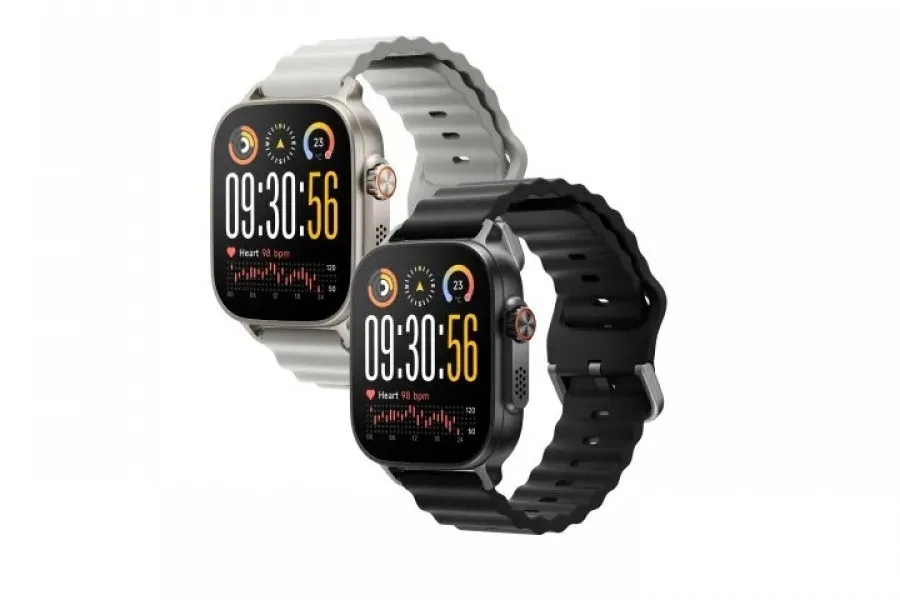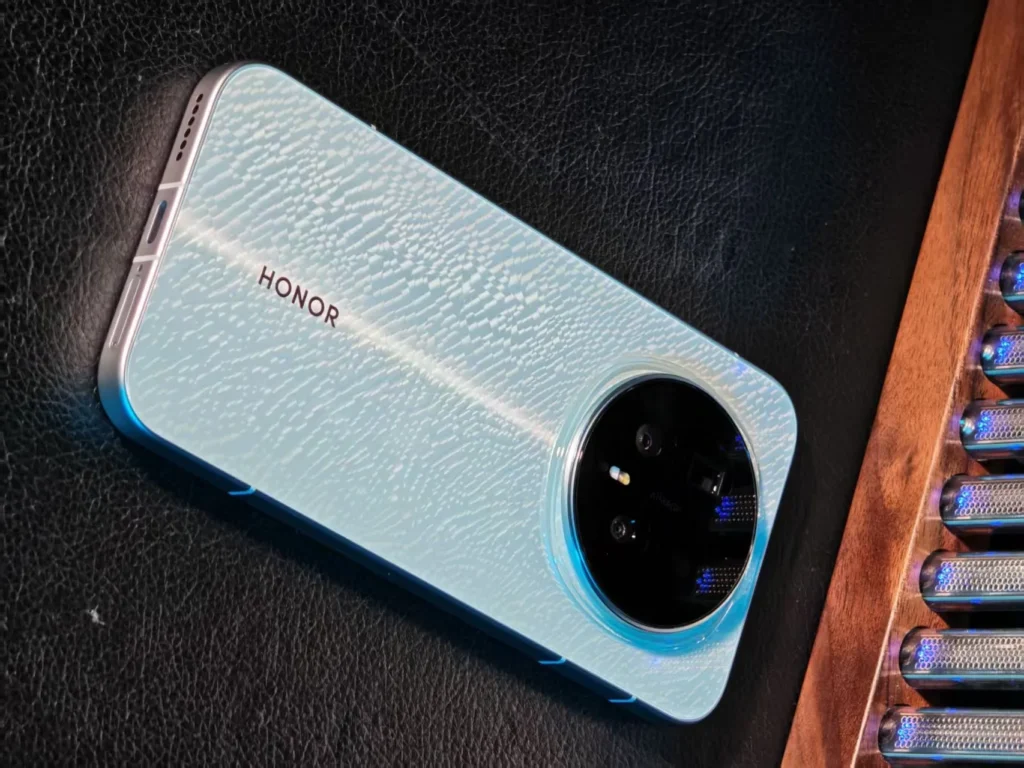Oura takes legal action against Samsung and Zepp Health for patent infringement
In the emerging world of smart rings, one player is dominating the conversation: Oura. As tech giants like Samsung enter this nascent market, the Finnish brand is ready to defend its territory vigorously. The battle has now escalated into a legal confrontation.
Oura has announced a new wave of lawsuits targeting four companies: Zepp Health, Reebok, Nexxbase (Noise)… and especially Samsung, whose Galaxy Ring is not fully launched in all markets yet.
The message is clear: for Oura, intellectual property has become a strategic weapon.
A complaint focused on the method of building a smart ring
In these new lawsuits, Oura claims that competitors are infringing on a key aspect of its patent: the assembly method of a smart ring, incorporating battery, biometric sensors, and a flexible circuit board sandwiched between internal and external casings.
In other words, Oura believes it holds the rights to the “standard” structural design of a smart ring.
It’s hard to deny the similarities: comparing the Oura Ring to the Galaxy Ring or any other alternative, the internal architecture is almost identical by nature. However, many experts argue that this generic trait might be too broad for patenting.
Oura has won battles before — but Samsung is not a small competitor
This isn’t the first time Oura has resorted to legal action. Companies like Circular, Ringconn, and OMATE have already agreed to pay a licensing fee to continue operations. For Oura, this is the “obvious path” for the new defendants.
In contrast, Samsung finds itself in a very different position. The Korean giant even sued Oura in 2024, claiming that such actions threatened its upcoming Galaxy Ring. That lawsuit was dismissed due to Oura not being “targeted” at that time.
Today, that is no longer the case. Oura is explicitly targeting Samsung — and Samsung has the financial, legal, and strategic resources to follow through with the confrontation.
Are the patents too generic to stand against giants?
This is the crux of the issue. Oura’s patents aim to protect a circular format, an internal battery, biometric sensors for the finger, and a flexible circuit within a two-part casing. In other words: the very principle of a functioning smart watch.
Analysts have likened this approach to “patenting the concept of a rectangular smartphone with a battery.” If Samsung pushes this argument in court, the trial could set a precedent — reshaping the industry.
For Samsung, the stakes are enormous: the smart ring is poised to become the next strategic wearable category after smartwatches.
What about the other targeted brands?
For Zepp, Reebok, and Noise, the calculation will be more pragmatic: is the cost of a license less than the risk of being completely barred from the American market? Recent history shows that Oura knows how to use the ITC (International Trade Commission) as a powerful lever: the example of Ultrahuman, currently in the midst of an appeal process, remains fresh in everyone’s minds.
This conflict extends far beyond Oura and Samsung. It raises a fundamental question: can the structure of a simple product like a smart ring really be patented?
If Oura wins, it could secure near total control over the market for several years. If Samsung prevails, it could open the sector to competition — accelerating development, innovation, and reducing prices.
In a rapidly expanding market, this case could become the founding trial of the category.




